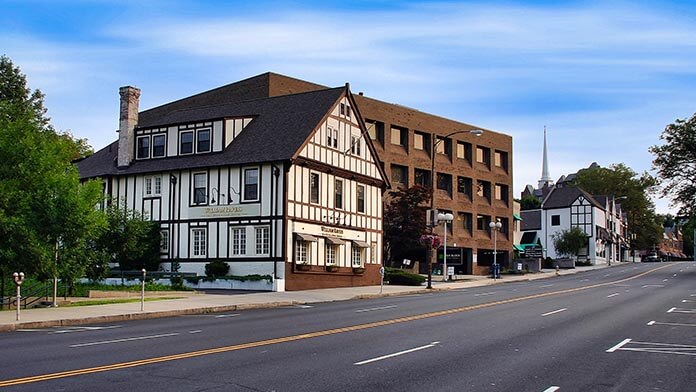Recovery from alcohol addiction is not just about quitting drinking. It requires continuous care, structured programs, and ongoing support. In Connecticut, treatment programs focus on long-term recovery by combining medical help, counseling, lifestyle training, and aftercare to give individuals the tools they need to stay sober.
Comprehensive Care at the Start of Recovery
The journey begins with detoxification, a critical first step where medical professionals help individuals safely manage withdrawal symptoms. Many centers offering alcohol treatment in Connecticut provide 24/7 medical supervision during detox. This immediate care ensures safety and reduces the risk of relapse in the earliest stage.
Individualized Treatment Plans
No two people struggle with alcohol addiction in the same way. Programs in Connecticut recognize this and create tailored treatment plans. These plans often include therapy sessions, support group participation, and family involvement. Personalized care ensures that each individual addresses the unique emotional, mental, and social factors linked to their addiction.
Counseling and Therapy Support
Therapy forms the core of long-term recovery. Cognitive behavioral therapy helps individuals recognize harmful patterns and replace them with healthier coping mechanisms. Group counseling allows participants to share experiences and learn from others. Family therapy sessions also strengthen support systems at home, making recovery more sustainable.
Building Life Skills for the Future
Treatment programs emphasize practical skills that prepare patients for challenges outside the rehab setting. Some of the most important life skills include:
- Managing stress in healthier ways
- Identifying and handling triggers
- Developing consistent daily routines
- Strengthening communication and problem-solving skills
By focusing on these skills, individuals are better equipped to rebuild their lives and maintain sobriety with confidence.
Aftercare and Relapse Prevention
Support after leaving rehab is essential. Connecticut programs offer several aftercare options that help individuals stay accountable and supported:
- Ongoing counseling sessions
- Alumni networks that create long-term bonds
- Sober living environments for structured support
- Relapse prevention workshops and education
These resources create a safety net, ensuring that individuals remain connected and motivated. Strong aftercare significantly reduces the risk of relapse.
The Role of Community Support
Peer support is a vital part of recovery. Programs encourage participation in community groups such as Alcoholics Anonymous (AA) and similar networks. Benefits of these groups include:
- Sharing experiences with others facing the same challenges
- Building accountability and consistency in recovery
- Reducing isolation and promoting a sense of belonging
When combined with formal treatment, these groups help create a balanced recovery path that extends into daily life.
Integration with Broader Healthcare Services
Another strength of alcohol treatment in Connecticut is the way rehab centers integrate with hospitals and healthcare providers. This connection ensures patients receive holistic care, addressing both addiction and co-occurring mental health conditions. Treating both issues together reduces the likelihood of relapse and supports long-term wellness.
Conclusion
Connecticut’s alcohol treatment programs provide more than immediate relief from addiction. Through detox, therapy, skill-building, aftercare, community networks, and healthcare integration, they build a strong foundation for long-term recovery. By treating the whole person and not just the addiction, these programs empower individuals to live healthier and more fulfilling lives.

